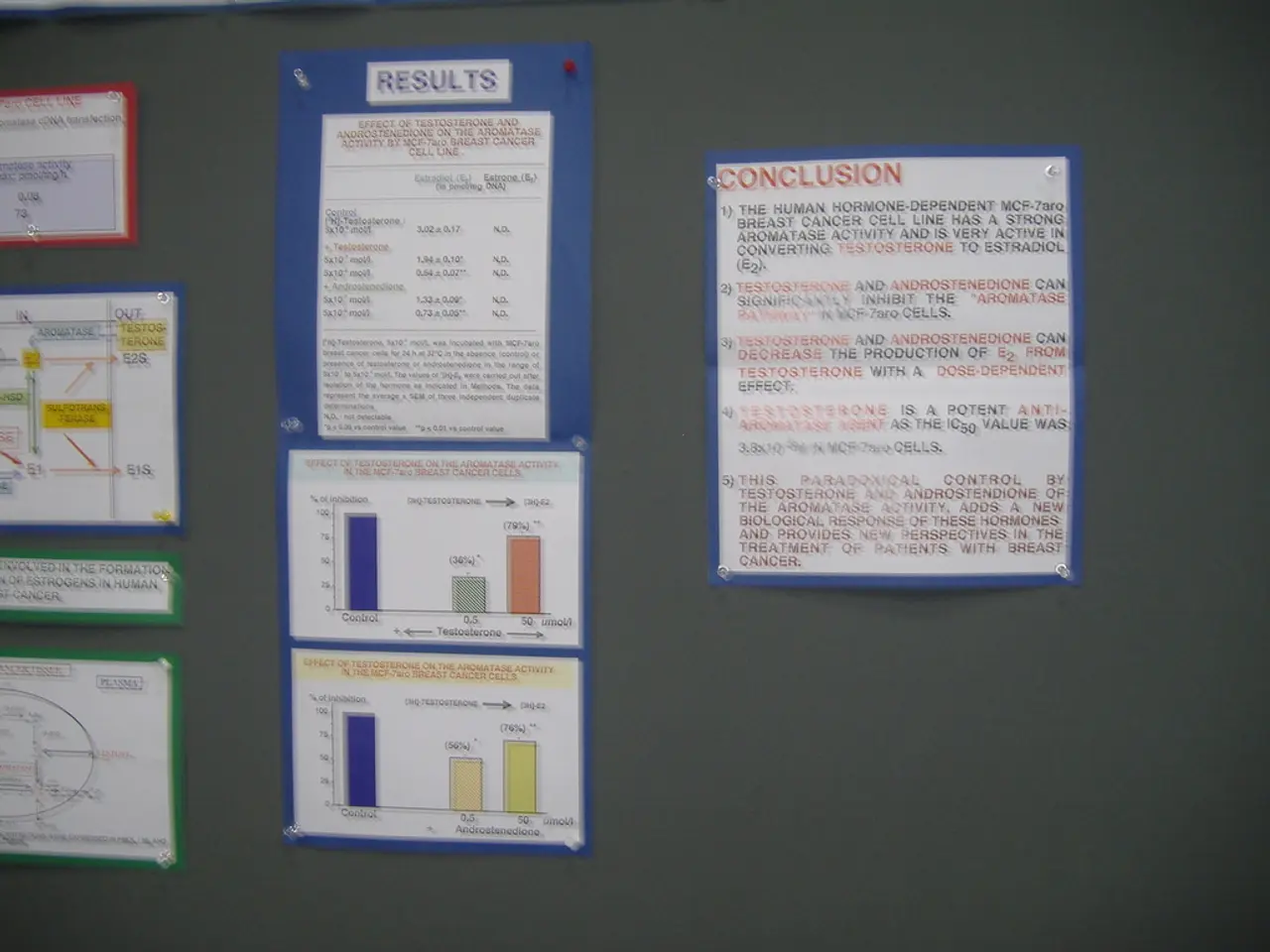A Fresh Take on Estonia's Tax Overhaul: The Security Tax Revamp Explained
Expert Elucidates on the Present State of the Security Tax
Springtime in Estonia brings change, and the transforming landscape includes shifts in the country's tax system. A tax pro from the law firm Hedman breaks down the new government's initiatives and their implications for individuals and businesses alike.
At present, the security tax law outlines a proposed 2% tax, referred to as the "security tax," on individuals' taxable income starting from 2026. Companies also face a 2% "profit tax" starting January 1, calculated on the previous fiscal year's profit and paid quarterly. However, Estonia's new administration has promised to retract the income tax elements of the security tax, as set forth in legislation passed at year's end.
Marit Kelgo, CFO of Hedman, explained the implications: "In essence, this means that individuals won't pay the 2% tax on their first euro of income, and companies won't have to pay a 2% corporate tax on their accounting profit." Still, the government's move to revoke the aforementioned tax hikes has yet to materialize in the form of legislation, and the existing security tax law remains unaltered.
As of now, the VAT increase from 22% to 24% is the sole confirmed change to the security tax, set to take effect on July 1 of the current year.
Kelgo advises caution for both individuals and businesses: "Given the lack of clarity on whether next year's budgets and plans should be based on the current law or the government's verbal promises, it's wise to heed the written law and stand ready for the possibility of new taxes." She encourages businesses and individuals to begin paring down expenses and searching for ways to minimize the tax impact.
Estonia requires a fortified defense and a balanced budget. "It's plausible that general income tax increases could still surface in the future, much like the one we've already seen earlier this year," Kelgo warned. The government has floated the idea of permanently raising income tax to 24% in addition to removing the temporary nature of the security tax. The ultimate fate of the existing security tax law and the planned alterations remain uncertain.
Should the government's new strategy ensue and tax hikes be evaded, many business concerns and additional costs will evaporate. According to Kelgo, "Firms won't face an enlarged administrative burden or the need for more extensive IT developments. This means no requirement for regular reports to the Tax and Customs Board, nor for accountants to provide increased services."
In essence, the security tax law as it stands today should not be ignored. We eagerly await the government's formalization of the promised changes into law and remain prepared for alternative tax hikes.
Founded in corporate and commercial law, Hedman Law Firm offers comprehensive support for clients seeking investment, managing shareholder relations, technology law, mergers and acquisitions, cross-border corporate movements, IT law, data protection, intellectual property, and dispute resolution matters.
- The revamp of Estonia's tax overhaul, particularly the proposed removal of the 2% income tax element from the security tax, has significant implications for both individuals and businesses in terms of finance and general-news.
- The proposed changes in Estonia's tax system, including the potential avoidance of tax hikes, could potentially impact the business sector by reducing administrative burden, eliminating the need for extensive IT developments, and minimizing the requirement for regular reports to the Tax and Customs Board or increased services from accountants.
- The ongoing discussions about Estonia's tax system, including the potential adjustments to the security tax and the possibility of additional income tax increases, have significant ramifications for the country's business sector, politics, and the broader economy.




